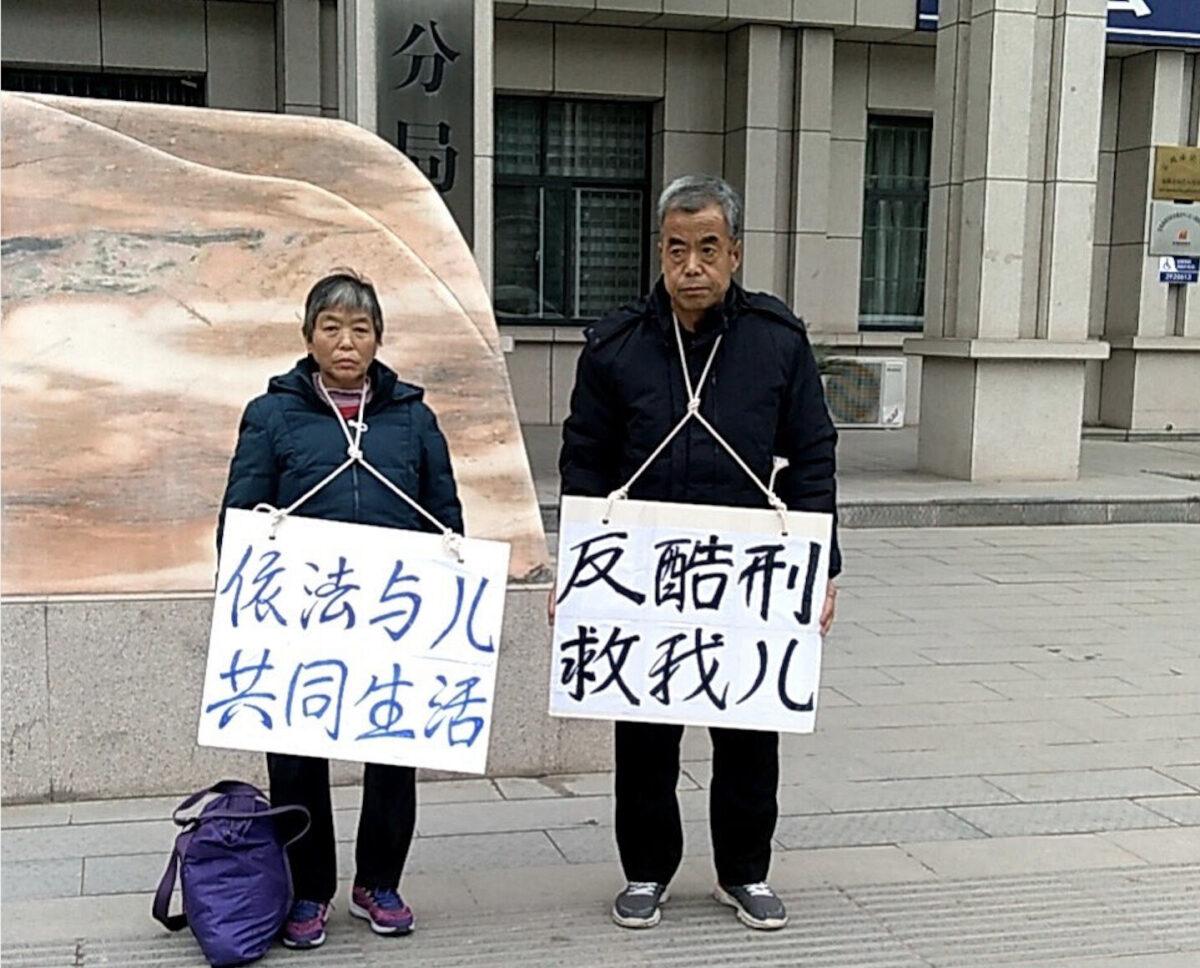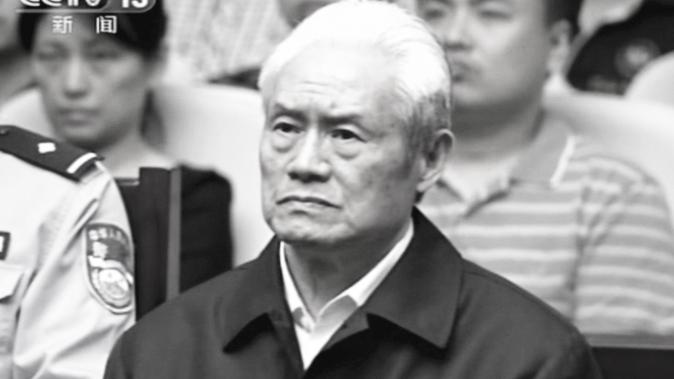Chinese leader Xi Jinping’s anti-corruption movement was dubbed with the slogan, “Sweeping the dark, Eliminating the bad,” to go with its 3-year campaign. Chen Yixin was the director of this new task.
Xi’s anti-corruption campaign is typical of Chinese Communist Party (CCP) leaders’ efforts to eliminate political opponents and their subordinates in the administration, military, and cultural domains.
I believe the new law signals Xi’s decision to initiate another round of purging those in the central, powerful, political, and legal system.
The 3-year Campaign
After the powerful leader of the system, Zhou Yongkang was expelled from the Party and arrested in 2014, and until Xi’s former subordinate Wang Xiaohong was appointed to head the Ministry of Public Security in late 2021, Xi seemed to further secure his grasp of the “hilt.”Looking back at the 3-year campaign that started in 2018, we see that Xi was paving his way by cleansing his opponents that were hidden in society.
Among the 12 types of “dark and bad” forces targeted in 2018 were members of the so-called “protecting umbrella” who were affiliated with the local authorities and industries.
In April 2021, the task director Chen Yixin concluded the successful 3-year campaign, and announced that the task had officially transitioned into “routine” practice. As of July 31, 2021, more than 170,000 police officers have been purged for violation of the law.
The Draconian Law
The anti-organized crime law emphasizes that ruling stability was its number one mission. The state media touted the law as a campaign against “soft violence.”
Therefore, behavior involved in civil rights protection, such as putting up posters, spraying slogans, hanging banners, splashing paint, gathering for discussion, and so forth, may be regarded as soft violence.
Additionally, soft violence also includes cyber violence such as cyber manhunt, personal information disclosure, bashing people in live streams, etc.
Head of the Organized Gang
On March 29, 2021, the regime celebrated the success of the 3-year campaign stating it had eradicated 3,644 gang-related organizations and 11,675 criminal gangs, and arrested 237,000 criminal suspects. The number of gang-related organizations wiped out was 1.3 times the sum of the previous 10 years.As of the end of December 2020, over 115,900 party cadres and officials and 42,700 village cadres had been investigated and punished.
Those staggering figures show the fact that the scale of criminal involvement and corruption within the Party is extensive and deep.
Considering the CCP’s full control of state resources, and its powerful political-legal system, these criminal cases can only be attributed to the Party’s endorsement.
After the exposure of the Party officials involved in the scandal, the regime simply severed its ties with those who were involved.
Prior to the national meeting of its rubber-stamp legislature in 2022, Xi continued his bloody internal power struggle through one campaign after another. The “routine” purging and implementation of the new law suggest that the CCP’s political-legal system is facing another storm.

